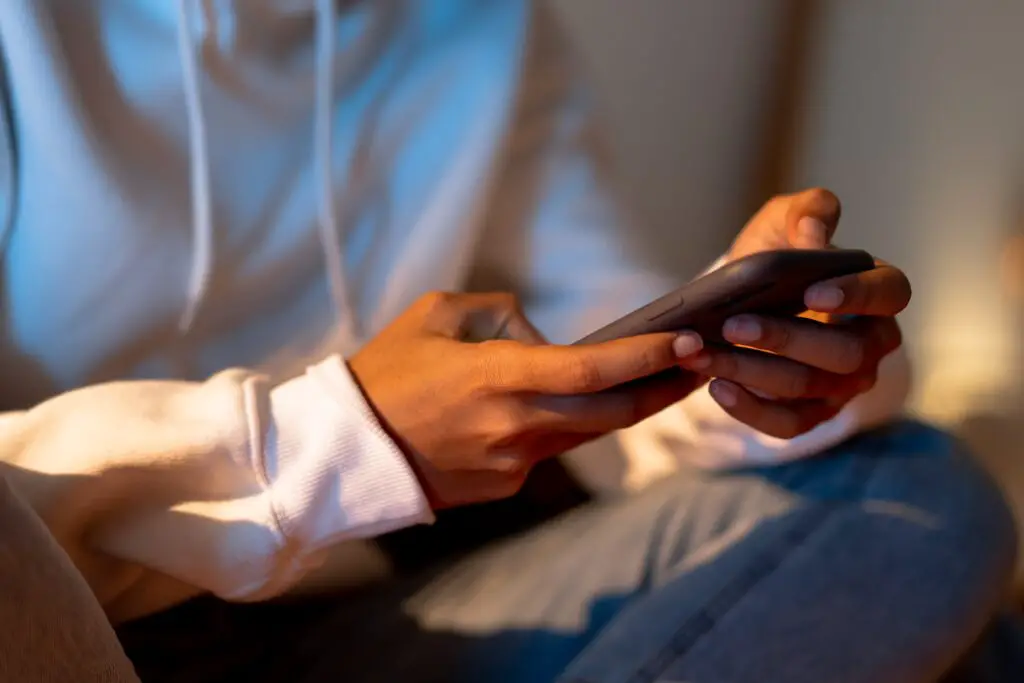Polite Ways to Address Missed Calls
In our digital age where communication happens at the tap of a screen, missed calls remain a curious artifact of human interaction. Whether intentional or accidental, the absence of a response after a phone call can leave both parties in a delicate dance of etiquette. How do we convey the message that we attempted to reach out without causing offense or discomfort? In this article, we explore various polite ways to address the situation when you’ve made a call but received no answer.

Finessing the Missed Call Dilemma
In a world bustling with notifications and distractions, missed calls are practically inevitable. However, acknowledging them with grace and tact is an art worth mastering. Let’s delve into some elegant ways to navigate the delicate territory of missed calls.
Polite Ways to Say “I Called You But You Didn’t Answer”
- 1. “I Tried to Reach You Earlier” Sometimes, simplicity is the key to elegance. This straightforward approach conveys the message without implying any wrongdoing or inconvenience on the recipient’s part. It indicates a genuine attempt to connect without any pressure or expectation.
- 2. “I Was Hoping to Catch Up” Infusing your message with a hint of warmth and camaraderie can soften the notion of a missed call. By expressing your desire to catch up, you shift the focus from the act of calling to the connection you seek to reestablish. It emphasizes the value you place on the relationship rather than the mere act of communication.
- 3. “I Wanted to Discuss [Topic]” Providing context for your call adds depth to your message and highlights its purpose. Whether it’s a matter of importance or a casual conversation, framing your call around a specific topic demonstrates intentionality and ensures clarity. This approach invites the recipient to engage in a meaningful dialogue rather than merely acknowledging a missed call.
- 4. “Just Checking In” A simple check-in conveys concern and consideration without imposing any obligation on the recipient. It communicates that you were thinking of them and wanted to touch base, fostering a sense of connection and goodwill. This approach is particularly effective in casual or friendly relationships where formalities can be set aside.
- 5. “I Understand You’re Busy” Acknowledging the recipient’s potential busyness or commitments demonstrates empathy and understanding. By recognizing their time constraints, you convey respect for their priorities while subtly reminding them of your attempt to reach out. This approach is especially useful in professional settings or when dealing with individuals known for their hectic schedules.
- 6. “Let’s Schedule a Convenient Time to Talk” Offering to schedule a call at a mutually convenient time puts the ball in the recipient’s court while affirming your commitment to communication. It allows both parties to coordinate their schedules effectively and ensures a more productive conversation. This proactive approach demonstrates respect for their time and preferences while fostering clear communication.
- 7. “No Rush, Whenever You’re Free” By emphasizing flexibility and removing any sense of urgency, you alleviate any potential pressure or discomfort associated with the missed call. This laid-back approach conveys a relaxed attitude while leaving the door open for future communication. It reassures the recipient that there’s no immediate expectation or demand on their part.
Navigating the Etiquette of Missed Calls
In a world where connectivity is ubiquitous yet nuanced, navigating the etiquette of missed calls requires finesse and empathy. By employing polite and considerate language, we can bridge the gap between intention and reception, fostering stronger and more meaningful connections in the process. So the next time you find yourself on either end of a missed call, remember the power of graceful communication in preserving harmony and understanding.

